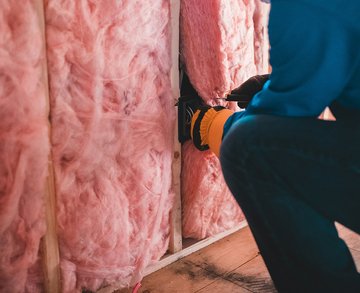Garage conversions are a popular home improvement project that can add value to your property while maximizing the use of existing space. Whether you have a single garage, double garage, or detached garage, there are numerous ideas for transforming this underutilised area into a functional and stylish living space.
It's surprising to know that despite having a garage, less than half of homeowners use them to park their cars. One of the reasons for this is the increasing size of family cars and SUVs, which make it difficult to manoeuvre in and out of garages. Nowadays, car models are typically wider than they used to be and the average garage door width is only 2.1m, making many domestic garages unsuitable for their intended purpose. This has led to homeowners using their garages for storage or converting them into additional living spaces instead.
In this blog, we will explore 10 garage conversion ideas that can enhance your property's value. From creating additional bedrooms, home offices, and playrooms to designing utility rooms, home gyms, and living rooms, there are endless possibilities for repurposing your garage.
Most Popular Garage Conversion Ideas
Some of the most popular garage conversion ideas include:
- Increase space by converting a double garage into a multifunctional room.
- Transform an attached garage into a stylish kitchen diner.
- Convert an integral garage into a bedroom for added living space.
- Utilise the concrete floor of a garage to create a home gym.
- Create a cosy living room by converting a narrow ex-garage.
- Turn a garage into a productive home office.
- Customise a playroom in your converted garage.
- Consider adding value to your property by converting a garage into a bedroom.
- Design a utility room and cloakroom to make the most of your garage space.
- Build a double-storey conversion for ample opportunities.
Use the converted space to rework your whole layout
Integrate the new space with the rest of your home to optimize your garage conversion. Ensure the design complements your existing layout, creating a seamless transition from the converted garage to the main house. Maximize the functionality of the new living space, enhancing the aesthetic appeal of your home. By doing so, you can create a cohesive and harmonious flow throughout your entire property, adding value and versatility to your living space.
Use a garage to create a multi-purpose space
Transform your single garage into a versatile, multi-purpose living area by maximizing the limited floor space. Efficiently utilise the floor level, size, and layout of the narrow ex-garage to accommodate multiple functions, such as a home office, gym, or entertainment area. It's essential to ensure that the converted space retains natural light, good air circulation, and adequate storage options. Additionally, design the space to seamlessly blend with the existing interior of your home, creating a cohesive and functional extension of your living space. By carefully planning the conversion and considering these factors, you can create a unique and adaptable space that adds value to your home.
Create a new kitchen diner from a converted garage
Transforming a garage into a warm and functional kitchen diner is a fantastic way to enhance your home for family gatherings and entertaining. Consider integrating the new kitchen diner with the garden space for a seamless indoor-outdoor flow, bringing nature right to your dining table.
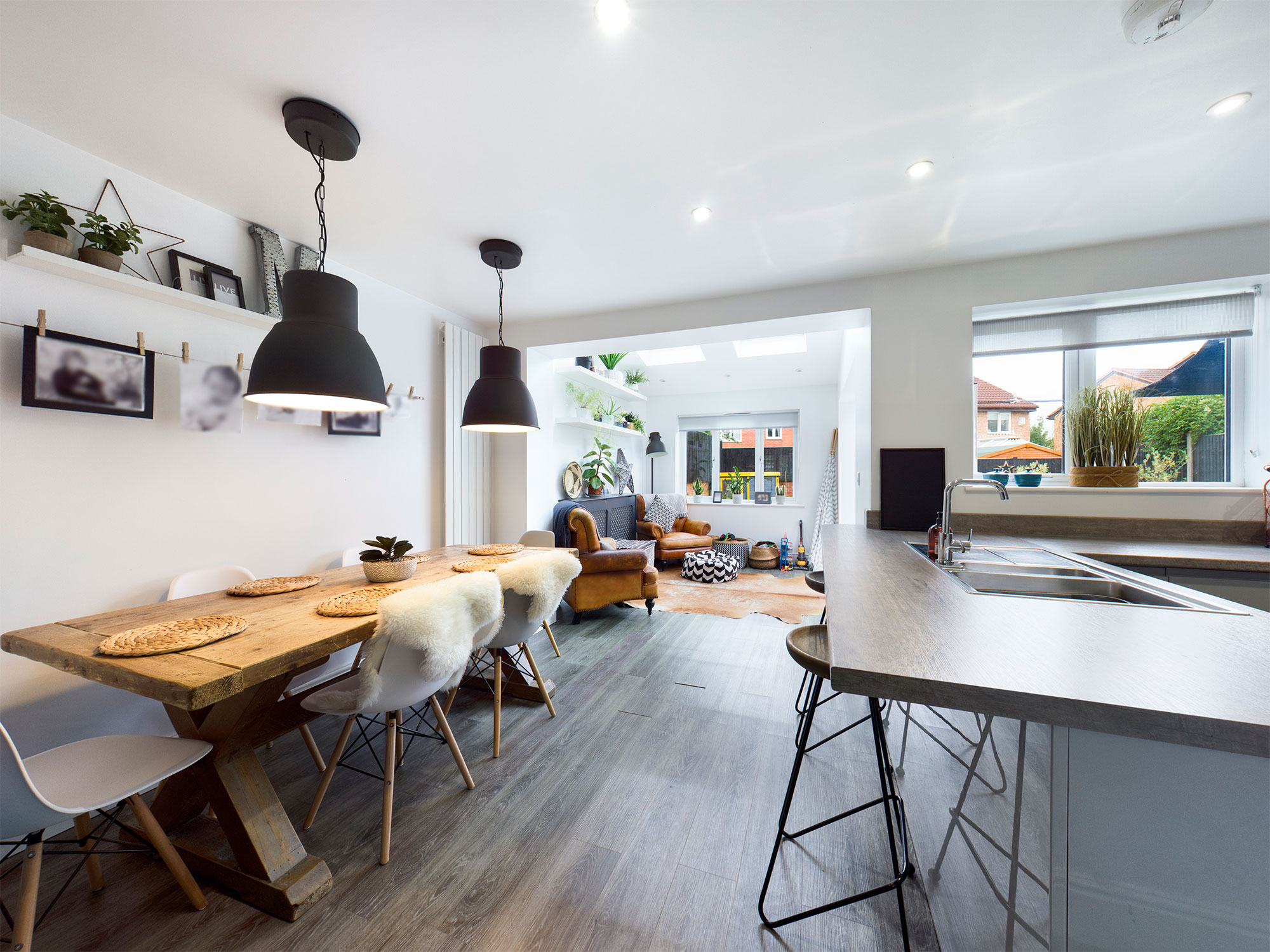
For a welcoming and open atmosphere, plan the design to Increase the use of natural light, creating a space that balances functionality with aesthetic appeal. Ensuring that the conversion project complies with building regulations for kitchen and dining spaces is crucial, guaranteeing a safe and comfortable environment for your family and guests.
Create a double-storey conversion to maximise opportunities
Maximize the potential of your space by considering a double-storey conversion, offering ample room for increased functionality and boosting the overall value of your property. This additional space presents numerous opportunities to enhance the livability and appeal of your home. Prioritise the necessary permits and legal requirements to ensure a smooth and compliant transformation. By carefully navigating through these essential considerations, you can embark on a successful double-storey conversion project that elevates the worth and utility of your property.
Design a utility room and cloakroom into the conversion
Incorporate a functional utility room and cloakroom into the converted space, maximizing its use. Plan the layout thoughtfully to optimise convenience and ensure efficient plumbing and ventilation. Consider space-saving solutions for storage and laundry, seamlessly integrating these new rooms with your home's existing floor plan. By doing so, you enhance the practicality and value of the conversion, making it an integral part of your home.
Convert your garage into a home office
Transform your garage space into a productive and inspiring home office, ideal for remote work or business activities. Design the area to accommodate workstations, storage, and technology requirements while ensuring compliance with regulations for habitable rooms and workspaces.

Consider natural light, insulation, and connectivity options to create a comfortable and efficient working environment. Careful planning of the layout will promote productivity, creativity, and an overall conducive work atmosphere. These factors will result in a functional and focused home office that increases the potential of your space.
Convert the garage into a playroom
Transform your garage into a vibrant, secure play area for children. Design a versatile, colourful space equipped with storage, play zones, and safety features tailored for children. Emphasise child-friendly design, safety standards, and practicality throughout the conversion project.
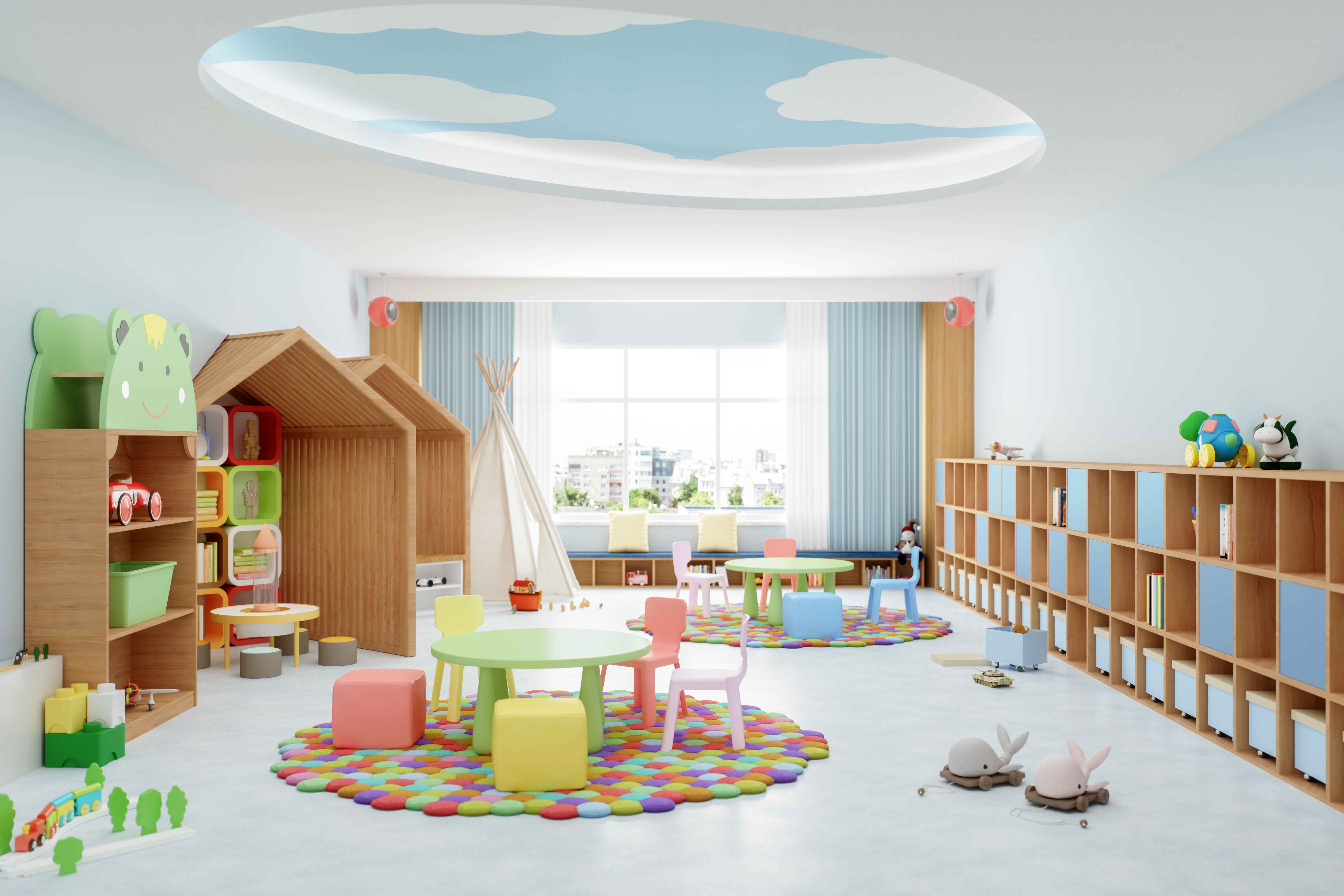
Consider integrating the playroom seamlessly with the rest of the house to facilitate easy supervision and access. Plan the layout to stimulate imaginative play, learning, and joyful experiences for children. By repurposing your garage into a playroom, you can provide a dedicated space for children to engage in enriching and entertaining activities while prioritising their safety and well-being.
Converting a garage into a bedroom
Transform your current space by converting the garage into an additional bedroom, ideal for accommodating guests or family members. This conversion not only adds functional living space but also has the potential to significantly increase the overall value of your home.
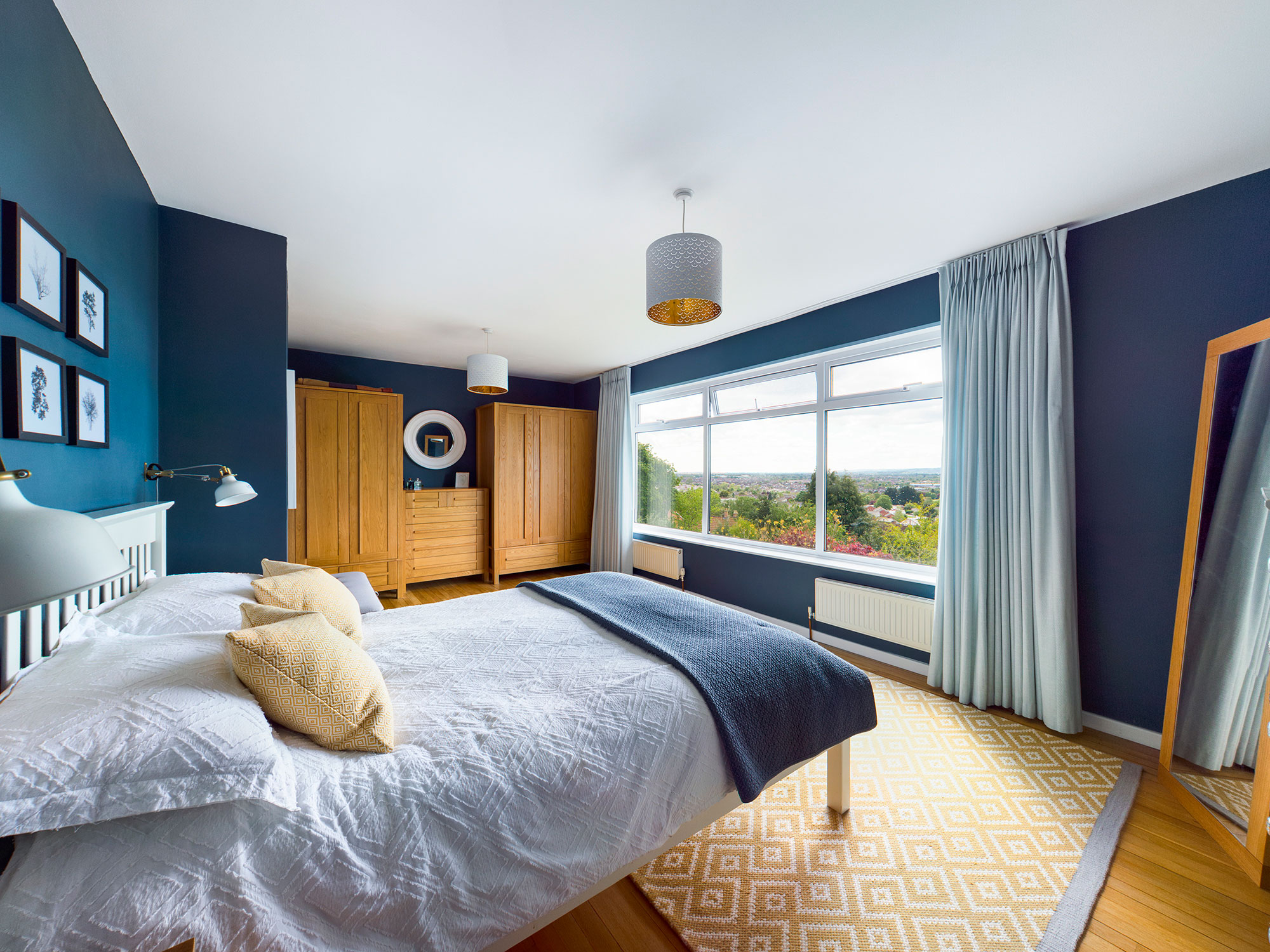
By repurposing the existing structure, you can effortlessly create a comfortable and inviting bedroom without the need for extensive construction. The versatility of a garage conversion into a bedroom allows for the seamless integration of enhanced natural light and ventilation, contributing to a welcoming and functional living environment. This innovative approach maximizes the utility of the space, offering a practical solution for expanding the living area without the requirement for extensive building work.
Convert a garage into a living room
Transforming your garage into a versatile living room offers an expansive space for relaxation and entertainment. Seamlessly merging indoor and outdoor living areas, the conversion could create a cosy, inviting atmosphere, enhancing the aesthetics and functionality of your home. Modern living room designs utilise heating, lighting, and insulation to ensure comfort.
Build a home gym in your garage
Transform your garage into a dedicated space for your home gym, providing the convenience and privacy needed for a personalised fitness routine.
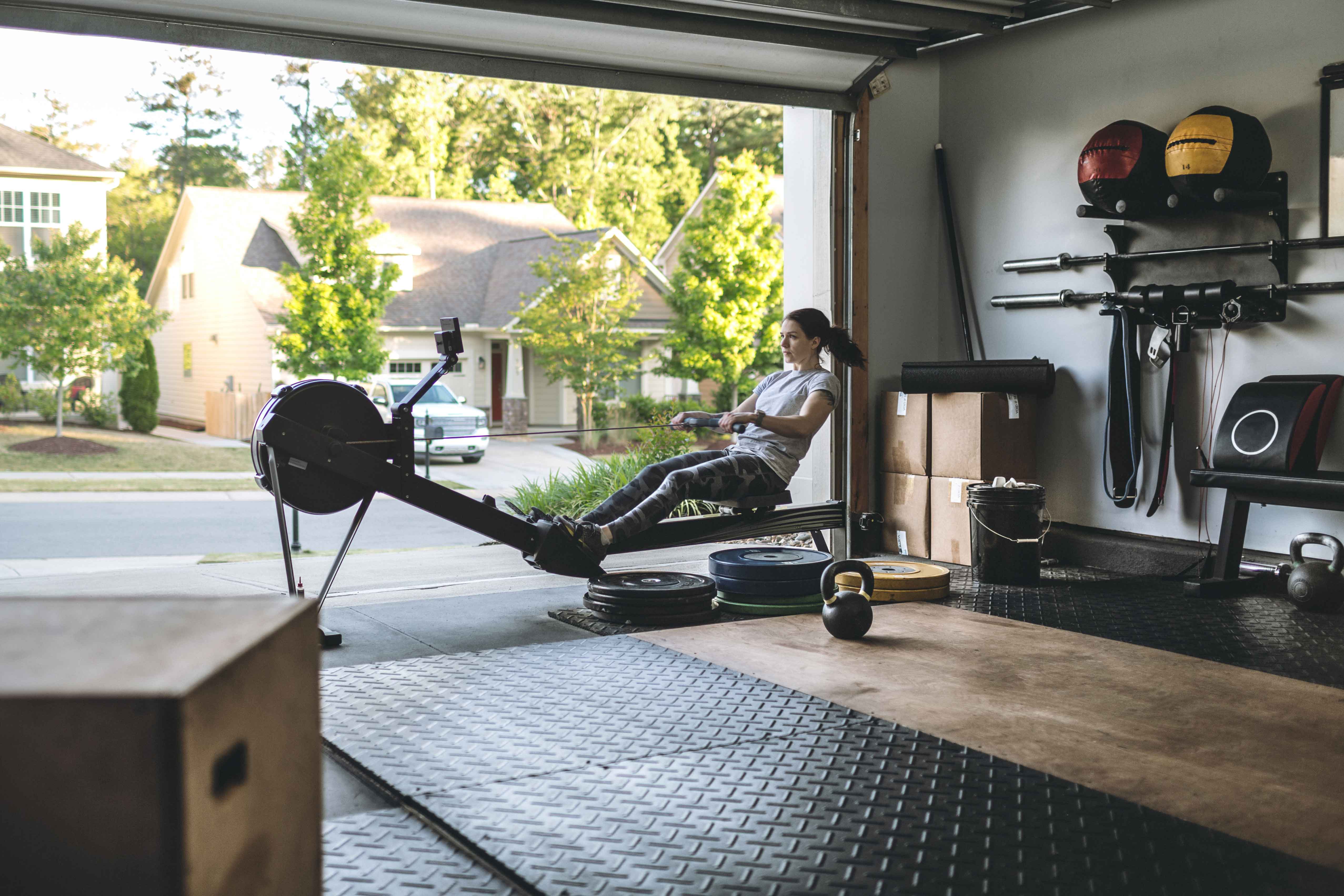
Converting your garage into a home gym allows you to create a wellness sanctuary within the comfort of your home, tailored to your specific fitness needs. Increase the potential of your garage space by designing a well-equipped gym area that complements your workout regimen.
Pros and Cons of Garage Conversion
Creating additional living space within your home, a garage conversion offers the flexibility to tailor the new space to your specific needs. However, it's vital to weigh the potential benefits against the associated costs and regulatory requirements. While enhancing your property's value with the addition of a new living area, meticulous planning and adherence to building regulations are essential throughout the conversion process. Evaluating the overall cost, available space, and optimal floor plan for the new living area are significant considerations in deciding whether a garage conversion is the right choice for your home.
Determining the Feasibility of Your Garage Conversion
Assessing the current structure, garage foundations, and floor space is crucial to determining the feasibility of your garage conversion. The garage door, ceiling height, and natural light also need to be taken into account for the new living space. It's important to ensure that the garage conversion project complies with permitted development rights and building regulations. Additionally, evaluating the garage walls, roof, and floor level will provide valuable insights for the conversion project. Consider all these factors carefully to make informed decisions about your garage conversion project.
Understanding Planning Permissions and Regulations for Garage Conversions
When planning a garage conversion, it is crucial to understand the necessary permissions and regulations. Determining the feasibility of your project is the first step, as well as familiarizing yourself with common planning permissions required for conversions. Adhering to building regulations, safety considerations, and ensuring proper insurance are also essential. It's important to be aware of the limitations and requirements for attached garages, double garages, and integral garages, as well as considerations for detached garages. Additionally, understanding the regulations for altering a concrete floor is imperative for a successful conversion. By considering these planning permissions and regulations, you can ensure a smooth and compliant garage conversion process while maximizing the value of your property.
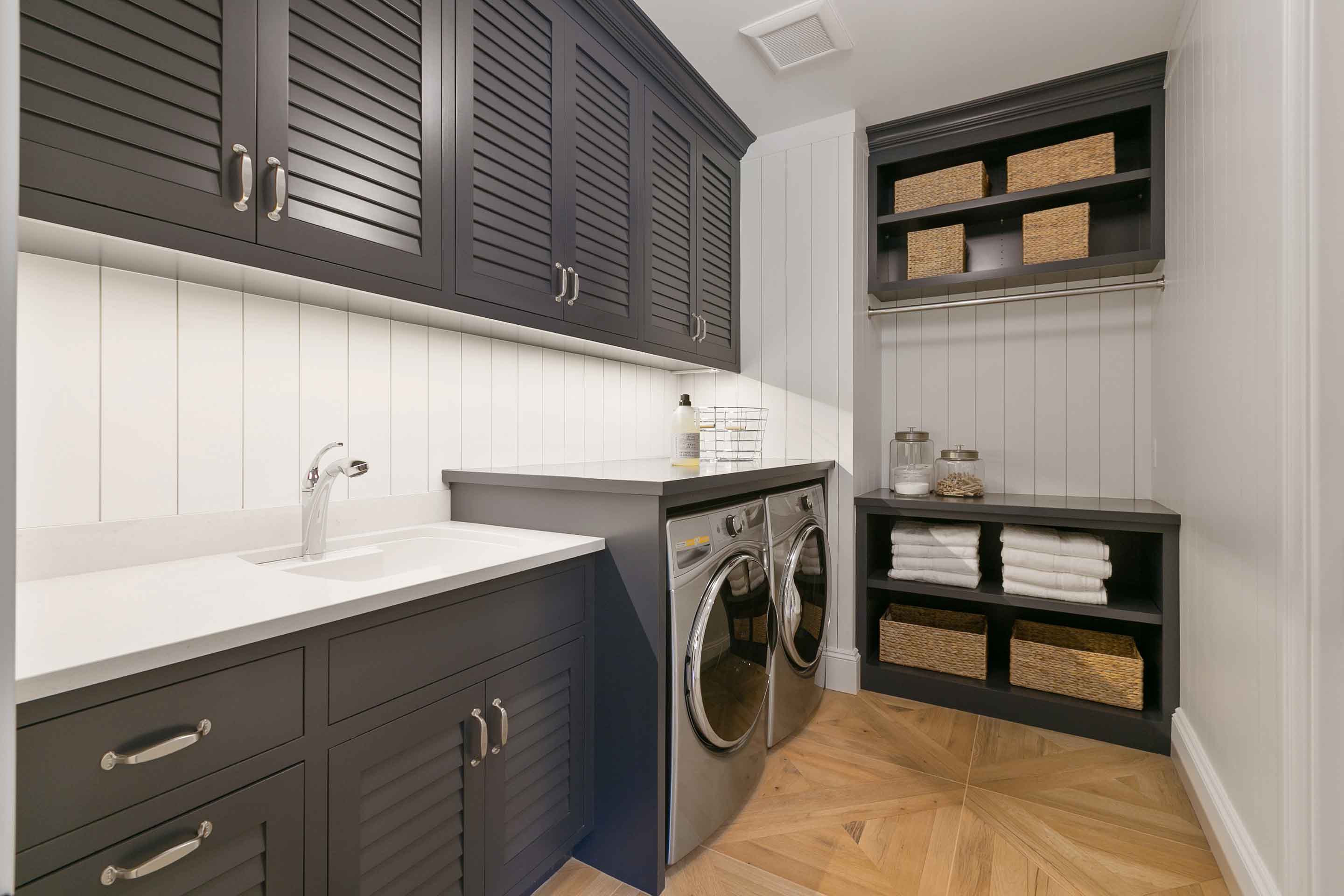
Common Planning Permissions Required
When converting your garage into a habitable space, it's essential to check whether planning permission is required from the local authority. Understanding the parking space regulations for your project is crucial in ensuring compliance with the necessary permissions. Additionally, evaluating the need for a planning application based on the size of the conversion project is important for a seamless process. It's also vital to consider the change of use requirements and ensure compliance with conservation area regulations.
Building Regulations and Garage Conversions
When converting a garage into a new living space, it's essential to comply with building regulations. Ensuring that the project meets fire safety standards is paramount. Additionally, regulations for ceiling height, floor level, and natural light in the new living space must be followed meticulously. Safety features such as trickle vents should also be considered for the garage conversion project. Adhering to regulations for the garage floor, walls, and integrated garage space is crucial for a successful and compliant conversion. By following these regulations, you can create a safe and structurally sound living space from your garage, adding value and functionality to your home.
Safety Considerations for Garage Conversions
When planning your garage conversion, prioritise fire safety measures to ensure the safety of the new living space. Consider installing underfloor heating for a comfortable environment and evaluate the need for proper ventilation and air conditioning. Address the structural integrity of the garage foundations and existing structure to guarantee a secure conversion. Additionally, assess the need for a damp-proof course and insulated plasterboard to prevent moisture and create a safe living space. Incorporating these safety considerations will help create a secure and comfortable living space in your double garage or attached garage, ensuring a successful and valuable conversion.
Estimating the Cost of Your Garage Conversion
When considering the cost of converting a garage, it's important to take into account various factors that can influence the overall expenses. Factors such as the size of the space, the quality of materials used, and the extent of the renovation will all contribute to the final cost. The existing concrete floor may need modifications, adding to the overall expenses, but it also provides a solid foundation for the conversion. By carefully budgeting and considering all these aspects, homeowners can ensure that they are financially prepared for their garage conversion project.
Factors Affecting Garage Conversion Cost
When planning a garage conversion project, it's essential to consider the garage floor plan and the additional space required for the conversion. Evaluating the costs involves assessing the size of the garage and the necessary new wall structures. Integrated and detached garage conversions may incur additional expenses, so it's crucial to factor these in. Modifying garage doors and any building work needed during the conversion should also be considered when budgeting for the project. Additionally, it's important to account for the costs associated with the garage foundations and building control requirements, ensuring a smooth and cost-effective conversion process.
Budgeting for Your Garage Conversion
When planning your budget for a garage conversion, it's important to consider various requirements such as the concrete slab, timber battens, and pitched roof. Evaluate all costs involved, including expenses for storage space and new room additions. Estimating the project cost should also include modifications to the garage door and ceiling height. Additionally, consider the costs associated with converting the space into an extra bedroom, home cinema, or boot room. Don't forget to include the expenses for development rights and planning applications in your budget. This will ensure that you have a comprehensive understanding of the financial aspects of your garage conversion project.
Designing Your Garage Conversion
When planning the design for your garage conversion, it's essential to consider the essential design elements that will transform the space into a functional and appealing area. Factors such as lighting, insulation, and airflow must be carefully considered to ensure that the converted space is comfortable and energy-efficient. Additionally, deciding between a double garage or an attached garage can impact the overall layout and functionality of the newly converted space. Furthermore, the type of flooring used, whether it's an integral garage with a concrete floor or a detached garage with a different foundation, will also influence the design choices for the conversion. By carefully planning and integrating these design considerations, you can transform your garage into a beautiful and versatile living space that adds value to your home.
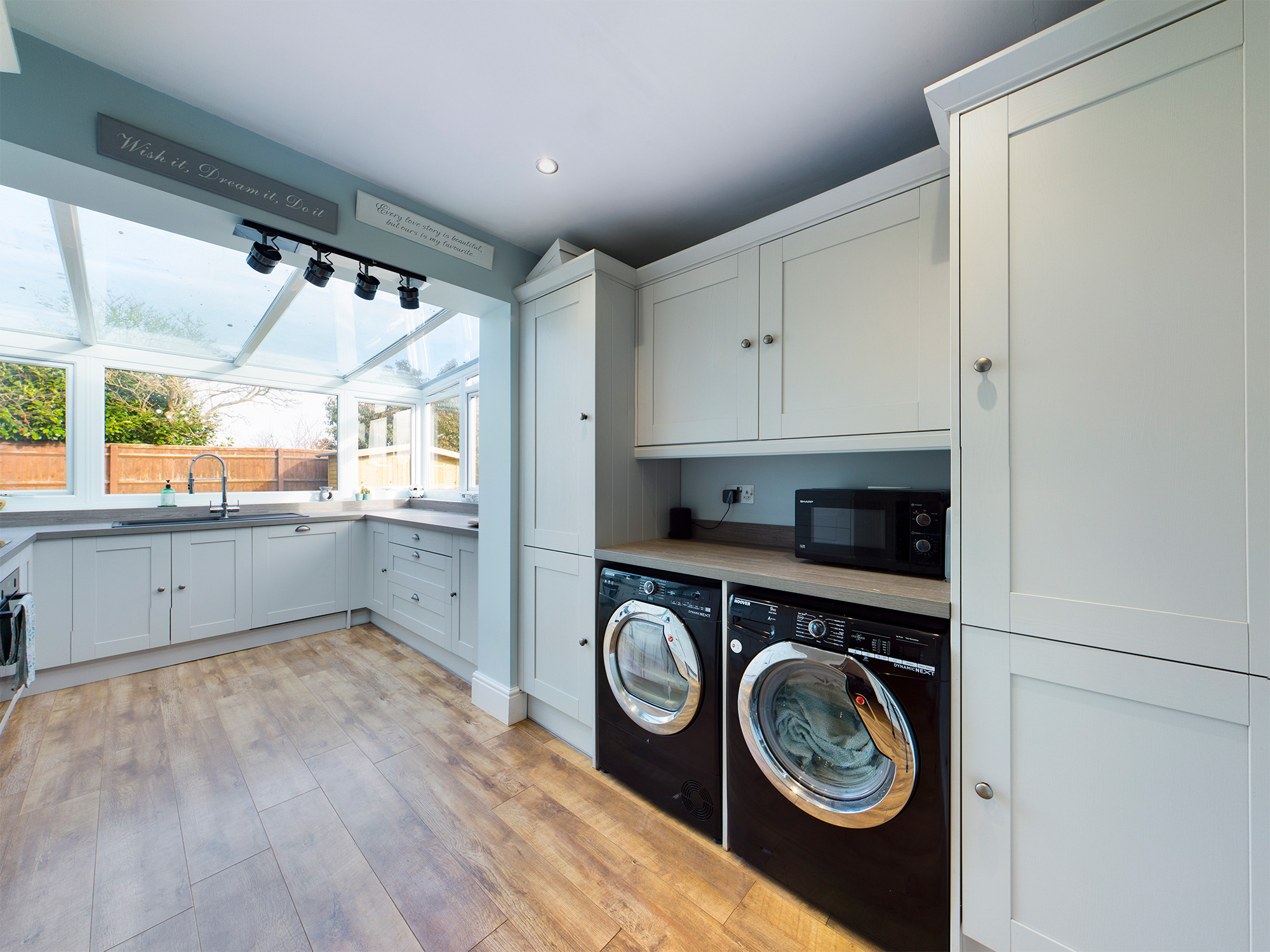
Essential Design Considerations
When designing your garage conversion project, it's essential to prioritise maximizing natural light and integrating the garden space seamlessly. Additionally, consider the ceiling height and floor space requirements for a well-designed conversion, ensuring a comfortable and functional living area. Incorporating cost-effective solutions into the design plan is crucial to stay within budget and achieve your desired outcome. Address the size of your garage, floor level, and any necessary adaptations to the garage door in the design process for a smooth transition. Lastly, evaluate whether you require a home office, extra living space, or a utility room within the garage conversion to tailor the design to your specific needs.
Hiring Professionals vs DIY Garage Conversion
When considering a garage conversion, it's essential to assess the expertise and benefits that professionals bring to the table. Hiring structural engineers and professionals for building control requirements ensures a seamless and compliant project. Additionally, professionals provide convenience in cost estimation, project management, and guidance on safety regulations. Their expertise in handling double garages, attached garages, and integral garages makes them invaluable for ensuring the structural integrity and quality of the conversion. When it comes to complex tasks like working with concrete floors, professionals offer the assurance of a well-executed and durable outcome, which is crucial for maximizing the value added to your home.
Key Construction Steps for a Garage Conversion
- Preparing the Foundations and Structure: Begin by prepping the space, including addressing any existing moisture issues and reinforcing the foundation as needed.
- Insulating and Weatherproofing Your Converted Garage: Install insulation to regulate temperature and weatherproof the space to prevent moisture and other issues.
- Address electrical, plumbing, and heating considerations to ensure full functionality.
- Add windows, doors, and ventilation to your conversion: Introduce natural light with carefully positioned windows, ensure proper ventilation, and install secure, weather-resistant doors for accessibility and safety.
Preparing the Foundations and Structure
When preparing the foundations and structure for your garage conversion project, it's essential to evaluate the existing garage foundations thoroughly to ensure they can support the new living space. Consider using insulated plasterboard for effective weatherproofing and insulation, providing a comfortable environment all year round. Additionally, check the garage walls for damp proof course and insulation to prevent moisture issues. Assess the concrete floor for strength and durability, as it will be crucial for supporting the added living space. Also, carefully consider the size of your garage to optimize the layout and functionality of the new living area.
Insulating and Weatherproofing Your Converted Garage
When weatherproofing and insulating your converted garage, it's crucial to ensure energy efficiency by insulating the walls, roof, and floor. Proper ventilation in the new living space can be achieved through the use of trickle vents while considering air conditioning for climate control is essential for a comfortable environment. Sealing the garage door effectively is also important for weatherproofing, and the installation of windows can bring in natural light, enhancing the overall ambience of the space.
Electrical, Plumbing, and Heating Considerations
When converting a garage into a living area, it's essential to plan for the electrical and plumbing requirements. Consider installing new heating systems tailored to the converted space, ensuring comfort during colder months. Safety of the electrical connections should be a top priority for the new living space, adhering to all necessary regulations. It's crucial to design a floor plan that strategically places electrical outlets and plumbing fixtures for convenience and practicality. Evaluate the need for additional heating in the converted space to guarantee a comfortable environment year-round. Assessing these considerations will contribute to a seamless and functional transformation of your garage into a livable area, enhancing the overall value of your home.
Adding Windows, Doors, and Ventilation to Your Conversion
When transforming your garage, it's crucial to install energy-efficient windows that provide ample natural light and ventilation. Carefully consider the placement of new doors to ensure convenient access to the converted space. Additionally, proper ventilation is essential for maintaining good air quality in the new living area. Assess whether additional windows are needed to further enhance the ambience of the converted space. Furthermore, you may want to explore the option of integrating trickle vents to facilitate airflow in the transformed garage, ensuring a comfortable and well-ventilated environment for various activities.
Additional Considerations for Your Garage Conversion
When converting a double garage, consider the additional space available for transformation. For an attached garage, take note of the seamless transition to the rest of the property. The integral garage's proximity to the main structure makes it an attractive option for conversion. Pay close attention to the existing concrete floor for future flooring considerations.
Considerations for Converting a Detached Garage
When converting a detached garage, it’s crucial to check the permitted development rights for the conversion and evaluate the need for planning permission from the local planning authority. Assess the garage's foundations, structural integrity, and the size of the garden space for the conversion. Consider the insulation and heating requirements for a cosy and comfortable space. These considerations are essential to ensure a smooth and successful detached garage conversion, adding value to your property while creating a functional living space.
Ensuring Your Garage Conversion is Insured
When undertaking a garage conversion project, it is crucial to inform your insurance provider about the changes. Check the coverage of your existing home insurance to ensure it includes the garage conversion. Consider the need for structural insurance specific to the converted garage to adequately protect your investment. Ensure that the integrated garage conversion is included in your home insurance policy to avoid any coverage gaps. Evaluate the cost of insuring the garage conversion to guarantee adequate coverage for the newly transformed space. Assessing and updating your insurance requirements for the double garage or attached garage conversion will provide peace of mind and financial security.
Enhancing Home Value with Your Garage Conversion
Maximizing your home’s potential, a well-executed garage conversion adds valuable living space. Whether it's a versatile home gym, an extra bedroom, a cosy home cinema, or a functional office, the utility of this extra room is boundless. Well-planned and executed, a garage conversion significantly enhances the market value of your home. The flexibility it offers for various uses provides a unique selling point, boosting the overall appeal and desirability of your property.
How a Garage Conversion Adds Value to Your Home
Maximizing habitable space and living area through the conversion is a significant way a garage conversion adds value to your home, providing versatility for different living needs. This versatile space has the potential to attract homebuyers, ultimately increasing the overall property value. Emphasising the benefits of extra living space created by the conversion enhances its value and appeal.
Conclusion
In conclusion, garage conversions offer a multitude of possibilities to add value to your home. Whether you choose to create a versatile multi-purpose space, a functional kitchen-diner, a home office, or even a cosy bedroom or living room, the options are endless.
However, it's essential to carefully consider the pros and cons, understand the planning permissions and regulations, and estimate the cost involved in the conversion process. Taking these factors into account will help ensure a successful and seamless transformation of your garage. By investing in a garage conversion, not only can you enhance the functionality of your home, but you can also significantly increase its overall value.

